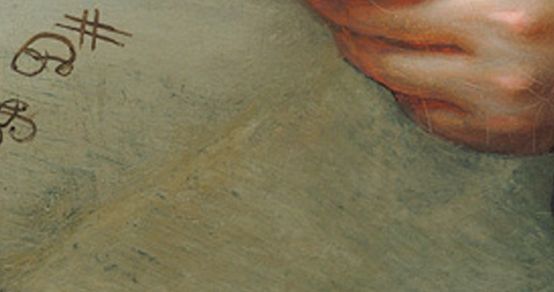String Quartet in F major
Beethoven every Friday: to mark his 250th birthday, we take a look at one of his works every week. Today on the String Quartet in F major Hess 34.

At the beginning of the 19th century, there was not only a considerable demand for new piano sonatas, but also for string quartets. Especially in Vienna, which Wolfgang Amadeus Mozart had still considered to be a "Clavierland" countless private ensembles came together in the first two decades. They wanted to be supplied with original works as well as arrangements of well-known operas and oratorios, but also entire symphonies and sonatas. But just as the market flourished, so it was necessary to separate the wheat from the chaff among the arrangements: Mere mechanical transcription may have quickly led to a marketable printed edition, but by no means always to a truly musically adequate arrangement. For just as every instrument has its own idiom, so too do the different genres and instrumentations. In the fall of 1802, Beethoven even felt compelled to write a new version in the Leipzig General Musical Newspaper to warn against string quintet arrangements of his Symphony in C major op. 21 and the Septet in E flat major op. 20, which had appeared without his involvement.
The urgency of the problem is also made clear by a letter dated July 13, 1802, addressed to Breitkopf & Härtel only a few months earlier, in which Beethoven thanks the publisher for its decent attitude towards such products. In addition, he talks at length about the true demands of editing: "With regard to the arranged works, I am very glad that you have rejected them; the unnatural fury that one has of wanting to transplant even piano works to violin instruments, instruments that are so opposed to each other in everything, could well be stopped; I firmly maintain that only Mozart could translate himself from the piano to other instruments, as well as Haydn - and without wanting to join both great men, I also maintain this of my piano sonatas, since not only must entire passages be completely omitted and altered. one must - still have to add, and here stands the unfortunate stumbling block, which in order to overcome one must either be the master himself, or at least have the same skill and invention - I have incorporated a single sonata of mine into a quartet by G.I. Violin instruments what I was asked for so much, and I know for sure that no one else will do it to me so easily."
The aforementioned composition is Beethoven's own arrangement of the Piano Sonata in E major op. 14/1, in which he not only transposed the work to F major, but also fundamentally altered almost all of the accompaniment models. In addition, the middle parts were individualized in accordance with the quartet movement, so that in the end a completely new, independent version was created. - If you would like to follow this almost experimental editing process in detail, we recommend the pocket score from Edition Eulenburg (ETP 297), in which both versions of the composition are printed together. An educational piece.
Here you can hear the Sonata No. 9 in E major op. 14/1 on which the string quartet is based.
Listen in!







